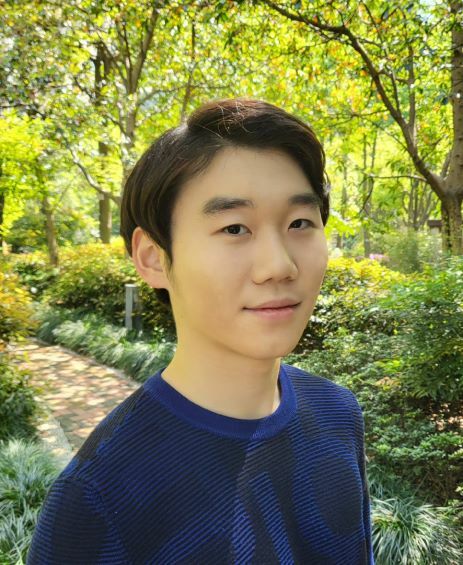Editor’s Choice Pick: “A novel filtration model for microplastics using natural oils and its application to the environment”
Read about one of our Editor’s Choice picks and the student author at the Journal of Emerging Investigators.

Meet the Student Author
Jongsun Park graduated Concordia International School Shanghai this summer, and is attending Carnegie Mellon University. Jongsun discovered the problem of microplastic pollution while working on his final presentation for his AP Chemistry class. Over the summer break, he wanted to apply his knowledge in chemistry and engineering to devise a method to filter plastics out of the ocean. In college, he will learn computer science and hardware engineering so that he can build a more sophisticated filtering machine in the future.
Learn More About Jongsun’s Research
Disposal of plastics in our oceans is detrimental to all living organisms. Degradation of larger, easy to remove plastic waste has led to the presence of microplastics in the oceans. Microplastics are anywhere from 5 micrometers to 5 millimeters in size. Domestically there are solutions to remove microplastics from our water, but they are not practical to size-up on the scale needed to clean our oceans.
Jongsun set out to identify a system that could be used to filter microplastics from the ocean. He hypothesized that this could be achieved by melting a nonpolar solvent with a freezing point greater than that of water and allowing it to solidify over areas with microplastics. He tested this hypothesis out using polystyrene, polyethylene, and polypropylene and applying palm oil or palm kernel oil. Across all trials Jongsun was able to see a filtration rate of 94% or higher.
Next, they looked at the feasibility of using palm or palm kernel oil on a larger scale. They determined that palm kernel oil would be a more feasible option given that it takes much less energy to melt at room temperature.
For future work, Jongsun discusses ways that this process could be scaled up to clean up the oceans. However, he notes that there are additional considerations that need to be considered such as whether the oil could be recycled, the size of devices needed to filter the ocean in a timely manner, and lastly whether another solvent might be needed. He calculated that more palm kernel oil would be needed than is usually produced annually in addition to the potential environmental concerns related directly to the production of palm kernel oil.
Jongsun’s full manuscript will show you the incredible ideas he had and illustrate why this work was selected as an Editor’s Choice manuscript.
The material on this page was prepared by Kari Mattison, JEI Editor in Chief. Jongsun Park provided the photo and personal biography which was edited lightly for clarity.